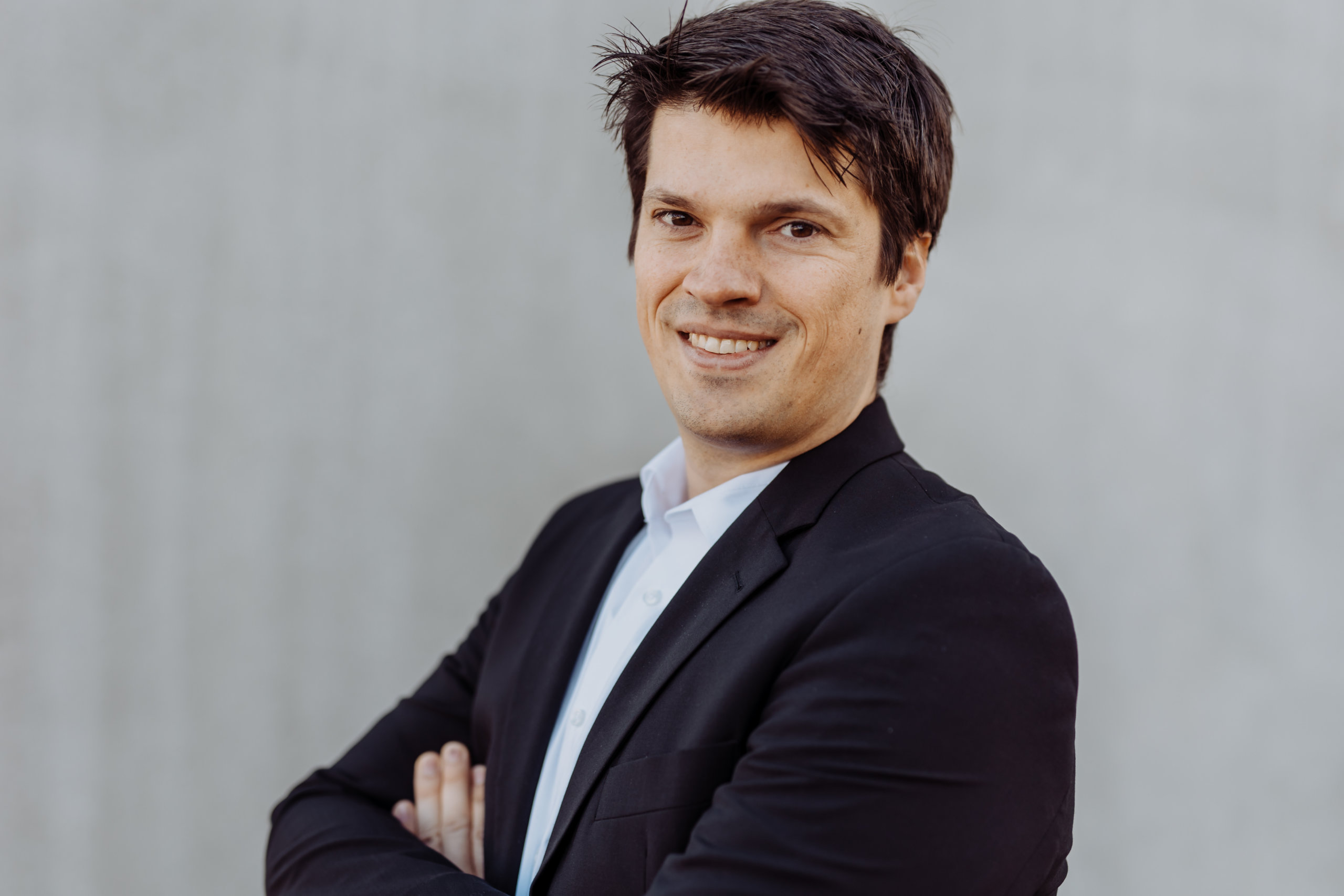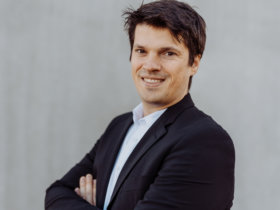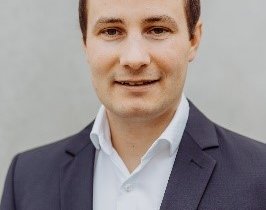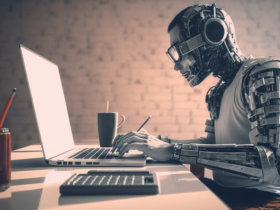New Digital Work – opportunities or disenfranchisement?
Under the banner of The Future of Business, EMO Hannover 2023 from September 18 to 23 will be focusing on strategies for staying competitive. “In addition to new business models, new markets, new sales channels, and creative solutions for sales financing, these also include intelligent design of the working environment,” says Dr. Wilfried Schäfer, Executive Director of the EMO organizer VDW (German Machine Tool Builders’ Association), Frankfurt am Main, Germany.

Under the banner of The Future of Business, EMO Hannover 2023 from September 18 to 23 will be focusing on strategies for staying competitive. “In addition to new business models, new markets, new sales channels, and creative solutions for sales financing, these also include intelligent design of the working environment,” says Dr. Wilfried Schäfer, Executive Director of the EMO organizer VDW (German Machine Tool Builders’ Association), Frankfurt am Main, Germany. “Such designs will have to meet the company’s digitalization demands, but also include the use of digital tools which allow it to become and remain agile,” Schäfer adds.
EMO Hannover will address this topic, covering many different aspects and best practices in two half-day conferences on 20 and 21 September 2023. The VDW and the Institute for Innovation and Technology (iit), Berlin, are extending an invitation to the New Digital Work – opportunities or disenfranchisement? conference within the Innovation Forum in Hall 9, G32.
New Work is a buzzword that has been frequently heard since mobile working became commonplace. “In fact, it’s about much more than just working from home or mobile working,” says Ernst Andreas Hartmann, Research Director at iit. “We need to be organizing flexible work structures so that companies can continue to function effectively despite shortages of skilled workers.” To ensure that the digital transformation is a success, it is essential to secure the digital sovereignty not only of the company as a whole, but also of each employee. Digital sovereignty is the ability of companies and employees to use digital technologies proficiently, independently and securely for their own benefit.
The conference will make use of a variety of formats, ranging from lectures and panel discussions through to interviews in order to address the challenges and opportunities that the world of work will hold for employers and employees in the future. It will focus on the aspects that employers will need to optimize, and the prospects for remaining competitive.
For example, what is the relationship between employee autonomy and corporate innovativity? The lecture by Gina Glock, Dresden University of Technology, sheds light on the Innovativity in manufacturing: a question of autonomy. Based on selected industries, it highlights which aspects of work autonomy – such as the use of artificial intelligence – can influence innovation in organizations.
“AI can be shaped. The key is to develop and deploy it in a way that supports people in their work while boosting their productivity and competitiveness – across the entire economy. Here, co-determination is an essential and proven means of ensuring that new work is also good work,” believes Judith Peterka, Head of the AI Observatory, Federal Ministry of Labor and Social Affairs (BMAS). She will give a keynote on the topic of How are digital technologies changing the working society of today and tomorrow?
Finally, Simon Kreuzwieser and Andreas Kimmig from the Karlsruhe Institute of Technology (KIT) will be exploring Human-Machine-Interaction in Innovative Work Environment 4.0 – A Human-Centered Approach. “Companies are having to adapt to evolving requirements. The challenge facing employees is that they need to learn and use new technologies in order to raise their efficiency levels. Digital tools such as robotic process automation, artificial intelligence and virtual reality will make a decisive change to the world of work in the future,” they believe.
These are just three of the wide range of aspects and perspectives on the future of work. These and many other interesting presentations and discussions await participants at the Innovation Forum in Hall 9. Click https://emo-hannover.de/event/emo-hannover-forum-new-digital-work for the full program. Drop by and see for yourself.








